AZURE DATAFEST
I’ve been meaning to write this post since we wrapped up the event, but life, as usual, gets in the way. Overall, I was very pleased with the whole event; things (for the most part) ran very smoothly. However, in the spirit of continuous learning, here’s a few lessons (in no particular order) for anyone considering hosting an Azure DataFest in the future.
Event Management
We used Sessionize and EventBrite to handle speaker submissions, schedule building, and attendee management. Both tools worked great, but both are a little pricey (Sessionize charges $250 for the event, and EventBrite added a $3.54 fee to every ticket sold). The benefit is that it was very easy to generate a professional looking schedule, review abstracts, and manage attendees (from fee collection to attendance rosters). The one downside is that the tools don’t integrate (no way to easily export speakers into Eventbrite), and we really need a central website for people to hit rather than each individual tool. I also had a small issue where some attendee badges didn’t print; that was probably user error.
Sponsor Expectations
- I should have added company names to each attendee badge to make it easier for them to see what company attendees were from when talking.
- I need to explain the email\contact information privacy policies better. Some sponsors wanted to get more contacts to add to their mailing list. May need to borrow a page from the SQLSaturday playbook and encourage raffles to get information directly from the attendees.
- Microsoft SSP’s were on site, and that was a very valuable contribution. Saw lots of hallway conversations with clients and Microsoft; that’s rare for SQLSaturdays.
- Need to charge more for sponsorships in general; we had a flat rate of $500, which doesn’t go a long way toward building a community. Also, I need to provide more structure over what’s included in a sponsorship; we had a couple of sponsors which had 5 or 6 team members show up. Since food was included in their sponsorship, that literally ate up most of the profit from their sponsorship.
- Need to find ways to encourage relationships between speakers and sponsors; speaker dinners or vendor parties?
Attendee Management
- Generally, went well. Food portions were about right, fee was right for a two day affair, and we had very few snacks and\or drinks left over.
- Would love to go as paperless as possible; however, I think people like having SWAG bags. Maybe provide them with an empty bag, and tell them SWAG is available at sponsor tables?
- Stickers were a HIT!
- Very different crowd than a SQLSaturday. In fact, during opening session, only a few people had heard of SQLSaturday or AtlantaMDF. Need to do a better job of evangelizing both of those, while recognizing that this is a crowd that may not want to give up their weekend.
- Pretty sizable fall-off on Friday (the second day). May need to do Monday-Tuesday to see if we do a better job of retaining folks.
Speaker Management
- As noted above, Sessionize worked great for speaker management. Abstracts were easy to receive and review, and building a schedule was a snap.
- Need to be more up-front about the volunteer nature of this conference. We had a few people that misunderstood, and submitted from abroad, and then inquired about travel reimbursement. It was cleared up over a few emails, but I should have headed that conversation off earlier.
- I had a speaker withdraw because we charged $50 to attend the two-day conference; they felt that didn’t fit as a “community” event, since most community events should be free to the consumer (or offer an optional lunch, like SQLSaturday does). I get the point, but in practical terms, that’s tough to do with a new event. No event is free; just different people (sponsors) pick up the tab. We’ll continue to work on this, but ADF may always have a small fee associated with it.
- Most sessions had speakers sitting in the audience. I haven’t seen that happen at SQLSaturday’s in a long time, so I’m hoping that people learned as much as they gave.
Logistics
- Facility was great, but room capacity != seating arrangement. I had to steal chairs from sponsors, and actually order more chairs on the first day to eliminate standing room only.
- I loved having the plenary (everybody in one room) sessions at the start; really need to do one at the end, and then do a wrapup.
- I could have saved some funds on table linens. The caterer brought their own, and they weren’t really necessary for the check in tables.
- We had a few technical glitches, so we need to make sure we keep the facility staff around next year. They went to lunch and weren’t back in time for the afternoon session, so those were a little rough (maybe promise them free lunch next year?).
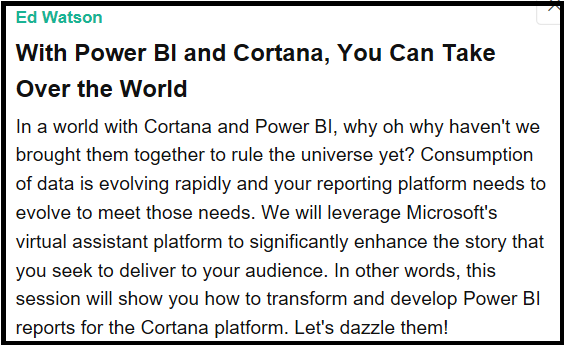
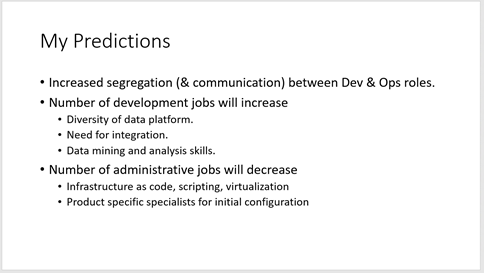
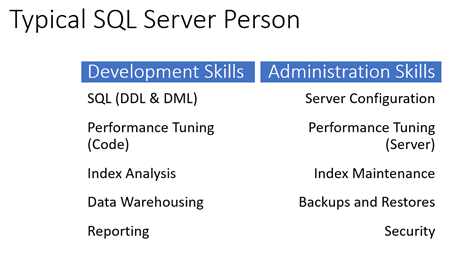
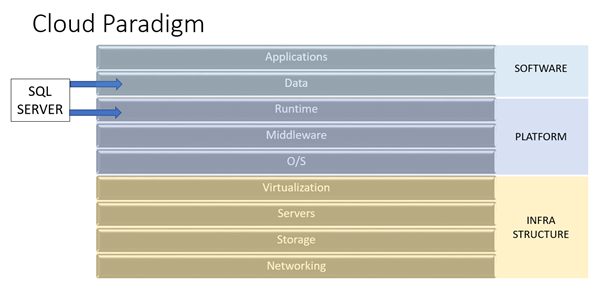
 SQL Server Hekaton, Microsoft’s new In-Memory table technology being shipped as part of SQL Server 2014, will completely change the way you think about data management. As a DBA, you’ll need to analyze your memory and storage needs completely differently. All Hekaton data is always stored in memory, and the data stored on disk is basically just a REDO log used to regenerate the contents of your memory-optimized tables. In this full-day seminar, Kalen Delaney (a SQL Server MVP for over 20 years) will show you the in-memory architecture for your Hekaton data and indexes, and discuss what gets written to disk during checkpoints, as well as what gets logged. She will explain how the recovery process recreates your Hekaton tables. Finally, she’ll go into detail on just what it is that makes Hekaton so much FASTER!
SQL Server Hekaton, Microsoft’s new In-Memory table technology being shipped as part of SQL Server 2014, will completely change the way you think about data management. As a DBA, you’ll need to analyze your memory and storage needs completely differently. All Hekaton data is always stored in memory, and the data stored on disk is basically just a REDO log used to regenerate the contents of your memory-optimized tables. In this full-day seminar, Kalen Delaney (a SQL Server MVP for over 20 years) will show you the in-memory architecture for your Hekaton data and indexes, and discuss what gets written to disk during checkpoints, as well as what gets logged. She will explain how the recovery process recreates your Hekaton tables. Finally, she’ll go into detail on just what it is that makes Hekaton so much FASTER!  In this session you will learn about SQL Server 2008 R2 and SQL Server 2012 performance tuning and optimization. Industry Expert Denny Cherry will guide you through tools and best practices for tuning queries and improving performance within Microsoft SQL Server. This session will guide you through real life performance problems which have been gathered and tuned using industry standard best practices and real world skills.
In this session you will learn about SQL Server 2008 R2 and SQL Server 2012 performance tuning and optimization. Industry Expert Denny Cherry will guide you through tools and best practices for tuning queries and improving performance within Microsoft SQL Server. This session will guide you through real life performance problems which have been gathered and tuned using industry standard best practices and real world skills.  The chances are that your organization has a centralized data repository, such as ODS or a data warehouse, but you might not use it to the fullest. Join this insightful full-day event to understand the importance of having a semantic layer that bridges users and data. In the Microsoft BI world, BISM consists of Power Pivot, Tabular, and Multidimensional.
The chances are that your organization has a centralized data repository, such as ODS or a data warehouse, but you might not use it to the fullest. Join this insightful full-day event to understand the importance of having a semantic layer that bridges users and data. In the Microsoft BI world, BISM consists of Power Pivot, Tabular, and Multidimensional. 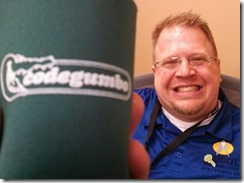
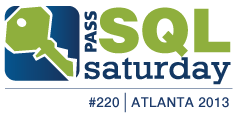 Just a quick note; SQLSaturday is coming back to Atlanta on May 18, 2013. This free (lunch is optional) event usually sells out way in advance, so you may want to
Just a quick note; SQLSaturday is coming back to Atlanta on May 18, 2013. This free (lunch is optional) event usually sells out way in advance, so you may want to